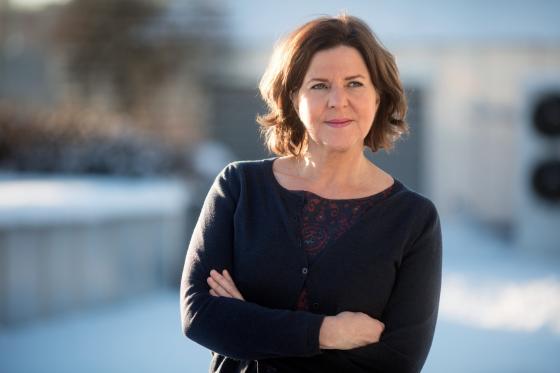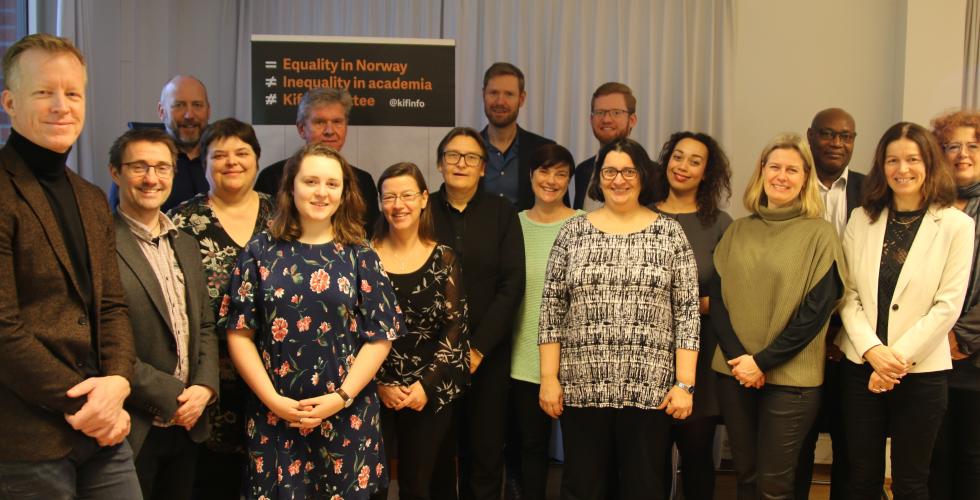“Complete lack of due process for victims of sexual harassment”
As it stands today, sexual harassment cases must be heard in the courts. Now many are applauding the decision to provide a low-threshold option that will ease the burden on victims.
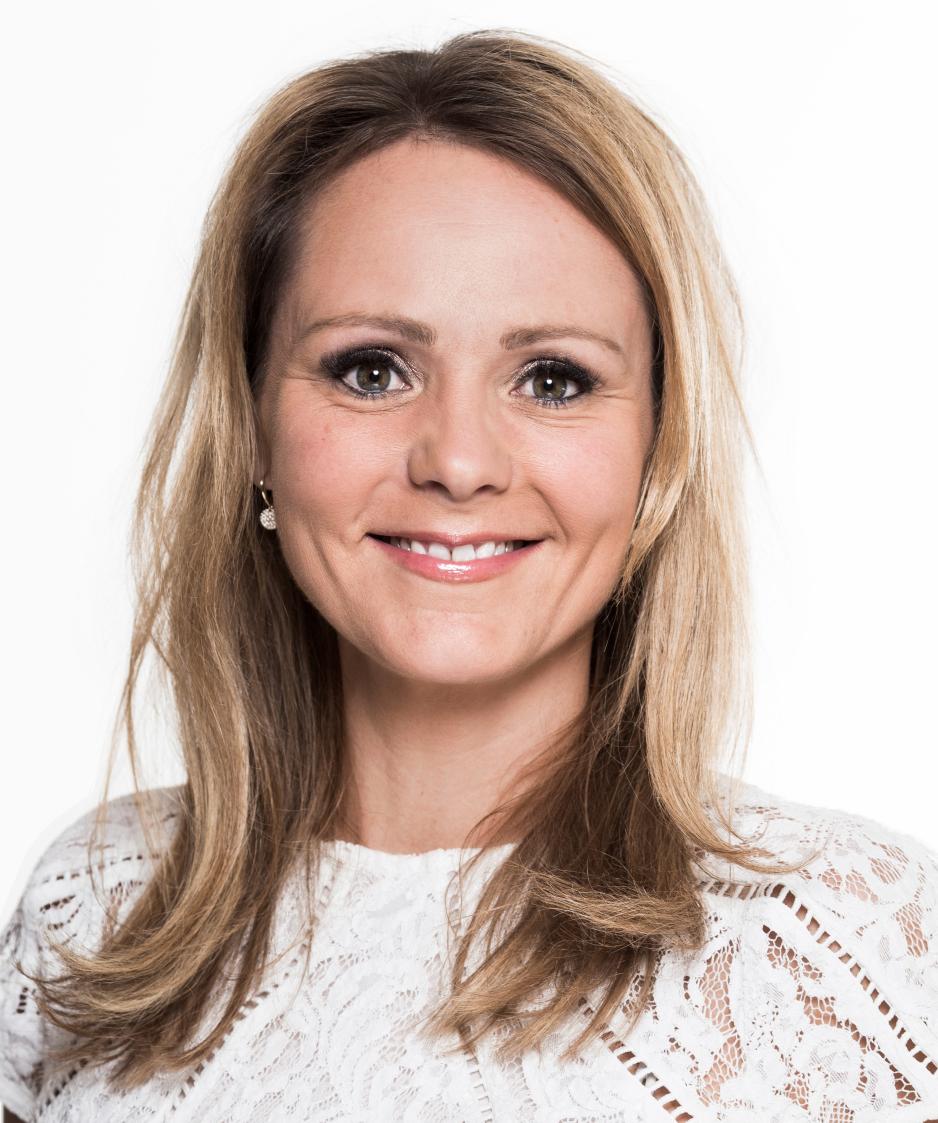
The Equality and Anti-Discrimination Ombud Act, which entered into force on 1 January 2018, has changed the way discrimination and harassment cases are enforced. Tasks that used to be done by the Equality and Anti-Discrimination Ombud (LDO) and the previous anti-discrimination committee have been transferred to the newly established Anti-Discrimination Tribunal. While legal cases will be processed by the new tribunal, the LDO will continue its work to provide information and advice on discrimination matters.
In contrast to other forms of harassment, the prohibition against sexual harassment is not enforced by the Anti-Discrimination Tribunal. People who are sexually harassed must take their case to court and risk suffering personal and financial hardship. This situation will change beginning next year, since the opposition parties in the Storting have secured majority support for authorizing the tribunal to process sexual harassment cases.
“Before summer I will circulate a proposal for review that introduces a low-threshold option for processing sexual harassment cases,” promised Minister of Children and Equality Linda Hofstad Helleland when she recently gave a report to the Storting on equality policy.
LDO wants a low-threshold procedure
Hanne Bjurstrøm, the Equality and Anti-Discrimination Ombud, is among those who have been working a long time for a low-threshold option that includes sexual harassment cases.
“The current exception is very unfortunate, because it’s difficult to bring sexual harassment cases before the court. Many worry about the potential consequences and costs, and we see that almost no such cases end up in court. In our view, this means that victims of sexual harassment are not receiving the due process they are entitled to. This is why we are so pleased that the Storting has now decided that the Government must present a proposal authorizing the tribunal to review these cases as well,” says Bjurstrøm.
She is also satisfied with the distribution of responsibilities between the LDO and the Anti-Discrimination Tribunal.
“We are concerned that we have a good advising service, both for victims of sexual harassment and for employers and organizations. So we think it’s wonderful that the Storting has concluded that advising services are important and will be continued by the ombud. We are already doing a lot of work in this area, but we have problems with a lack of resources. Of course we hope that we will get more resources when our advising function is expanded.”
According to Bjurstrøm, it is too early to know how the low-threshold option for sexual harassment victims will work in practice. However, she thinks it is positive that the Anti-Discrimination Tribunal will be the entity that processes all types of harassment cases, as appears to be the case.
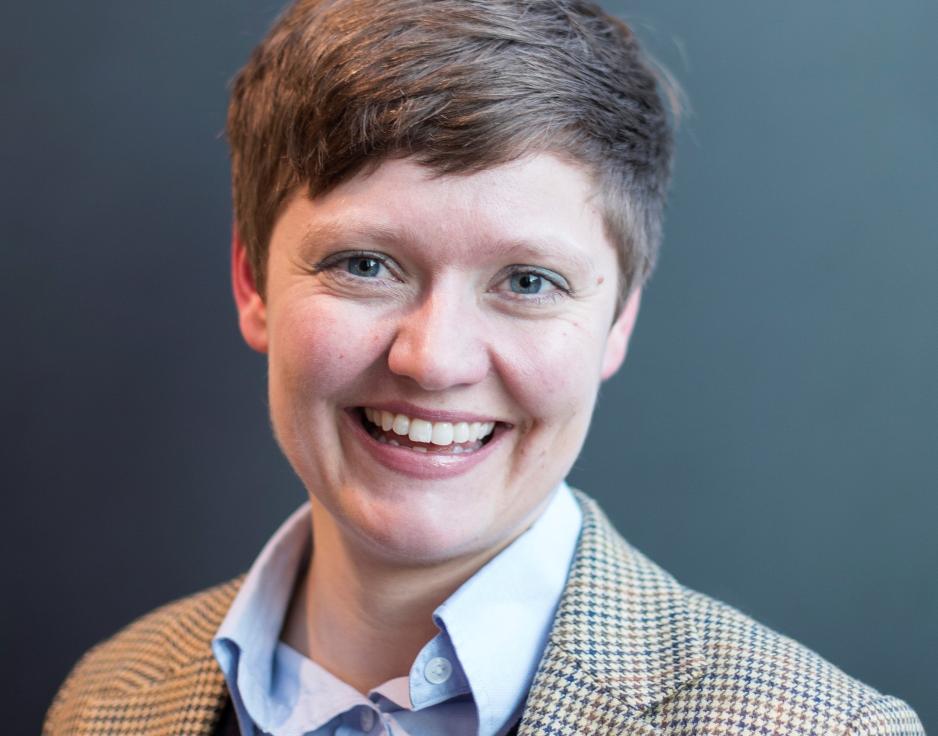
“Complete lack of due process in the current system”
Bjurstrøm is not alone in welcoming the low-threshold procedure.
“When the tribunal is given the authority to process these cases, it’s a fundamentally important change. It sends a signal to the victims of sexual harassment, to those who harass others and to society at large that this kind of behaviour has consequences,” says Helga Eggebø, a sociologist and researcher at Nordland Research Institute.
“Currently, there is a complete lack of due process for victims of sexual harassment. They have nowhere to lodge a complaint. Right now the signal being sent is that you have the green light to sexually harass people because nobody will complain or take the case to court, and with good reason.”
Eggebø refers to an article in the journal of the Norwegian Bar Association (No. 12, 2014), and believes that several high-profile lawyers experienced with sexual harassment cases encourage victims not to take their cases to court.
“The reason is that the chances of winning are minimal, and the chances of having to pay the court costs themselves are great. When you view this in connection with the small number of sexual harassment cases that are taken to court, it suggests that there is no genuine legal protection for victims of sexual harassment. In practice, they are referred to a court system that does not hear the cases.”
“Victims have lost their patience”
Eggebø was a member of the government-appointed Gender Equality Commission, which as early as 2011 pointed out the need for a low-threshold procedure for processing sexual harassment, on equal footing with other forms of harassment. Among the members of the commission was Øystein Gullvåg Holter, a professor at the Centre for Gender Research at the University of Oslo.
“A low-threshold option like this is important for creating more fairness and greater transparency,” says Holter, who is also a member of the KIF Committee.
“There is a need to accommodate the victims and whistleblowers as well as to address existing discrimination. In addition, there is a clear need to learn more about what gives rise to sexual harassment in Norway, which we refer to as the ‘country of gender equality’, and how we can prevent it. Victims of sexual harassment have lost their patience, and there has been an enormous change. An area that used to be shrouded in silence is now out in the open.”
Holter is a member of the newly established working group known as UHRMOT under Universities Norway (UHR), which will work to counteract bullying and harassment. He thinks the low-threshold procedure can also create positive outcomes for academia and the research sector.
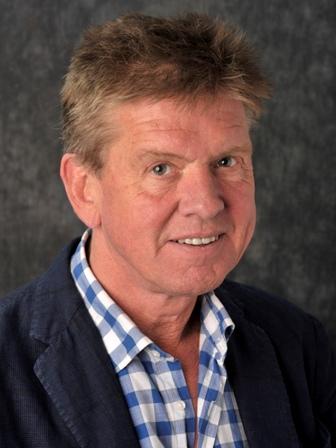
“The UHR working group will conduct an initial survey and then recommend follow-up actions. It remains to be seen what this will mean for improving reporting procedures and services related to harassment, but we have reason to believe that a low-threshold option like this will result in a vast improvement.”
“Will increase the reporting rate”
Very few sexual harassment cases are taken to court under the current regulatory system. According to a report prepared by the LDO in 2014, only six such cases ended up in court in the period from 2002–2013. Holter believes that more victims of sexual harassment will have their cases heard thanks to the low-threshold procedure.
“The low-threshold option will likely increase the reporting rate, at least if it is well designed. If it focuses solely on punishment and blame, the reporting rate may be lower and the ability to solve cases could be diminished.”
Equality and Anti-Discrimination Ombud Hanne Bjurstrøm also thinks that the change will encourage more people to report cases of sexual harassment and take them further for processing.
“We are most interested in the preventive efforts and that the goal must be to prevent harassment from occurring. With that said, we must assume that more cases will be taken further when the low-threshold option is introduced. This is also the purpose.”
Demands zero tolerance
Although Bjurstrøm is pleased that the low-threshold option will be introduced, she also thinks that the preventive work is the most important of all.
“By the time the cases have reached a level of conflict where it is appropriate to bring the case to the tribunal, the women, or the few men who have been sexually harassed, have often already quit their jobs,” she says.
“This is why it’s important to have a good system for ensuring that employers and organizations have absolute zero tolerance for this kind of behaviour. But when it happens anyway, it’s incredibly important that the victims have a tribunal to turn to, where it is not difficult to have your case heard.”
“Can the low-threshold procedure have a preventive effect because it makes it clear that harassment has consequences?”
“Perhaps so, and we might see this when several cases are brought up. But although the first review of these cases will be moved from the courts to the tribunal, the complainant will always be able to take her or his case to court if the tribunal determines that sexual harassment has occurred. I also think it’s very important that we will see many examples of how such cases are processed, because today we don’t have any clear guidelines issued by an official body since so few cases are brought before the court.”
Thinks the #MeToo movement has led to change
Both Holter and Eggebø think the #MeToo movement, in which the hashtag line is used to draw attention to sexual harassment and assault, has helped to create favourable conditions for measures such as the low-threshold option.
“The #MeToo movement is not just a trend, but something that must be followed up over time. It has to do with transparency around what actually happens in organizations and how we can create and maintain a better working life,” says Holter.
“It’s hard to imagine that you could ram through a law today that continues to insist on giving an exemption to sexual harassment. Since the #MeToo movement has become a powerful social movement at the global level, it’s a logical policy measure to remove the very strange and poorly justified exemption for sexual harassment,” says Eggebø.
“Important for victims’ and defendants’ due process”
According to Eggebø, the low-threshold option is also a beneficial measure that can help to bring clarity to many of the issues that the #MeToo movement has raised.
“Many have claimed that it’s difficult to know where the boundaries lie for what is harassment and what should be characterized as something else. With a low-threshold procedure, we will have legal precedence to refer to based on many concrete cases,” she says.
“In addition, many have referred to the #MeToo cases that have received a lot of media attention as a kind of ‘pillory justice’ rather than a proper system of legal protection. It seems the reason is that victims of sexual harassment have no other alternative than to go to the press. Therefore, a low-threshold option is also important in the due process debate for those who sexually harass others. It’s better and fundamentally more correct to have one’s complaint handled legally rather than turning both the victims and the accused over to the media as the only way that some form of justice can be served.”
Translated by Connie Stultz.
The Equality and Anti-Discrimination Ombud Act entered into force on 1 January 2018. A newly established Anti-Discrimination Tribunal is now responsible for the legal processing of discrimination and harassment cases, while the Equality and Anti-Discrimination Ombud (LDO) is responsible for information and advising activities.
Unlike other forms of harassment, the prohibition against sexual harassment is not enforced by the Anti-Discrimination Tribunal. But this spring, the opposition parties in the Storting secured majority support for authorizing the tribunal to process sexual harassment cases as well.
In a recent statement on equality policy, Minister of Children and Equality Linda Hofstad Helleland said that a proposal for a low-threshold procedure will be circulated for review before summer.
The new Equality and Anti-Discrimination Act also entered into force this year. Read an extract from the relevant provisions on our web pages.
